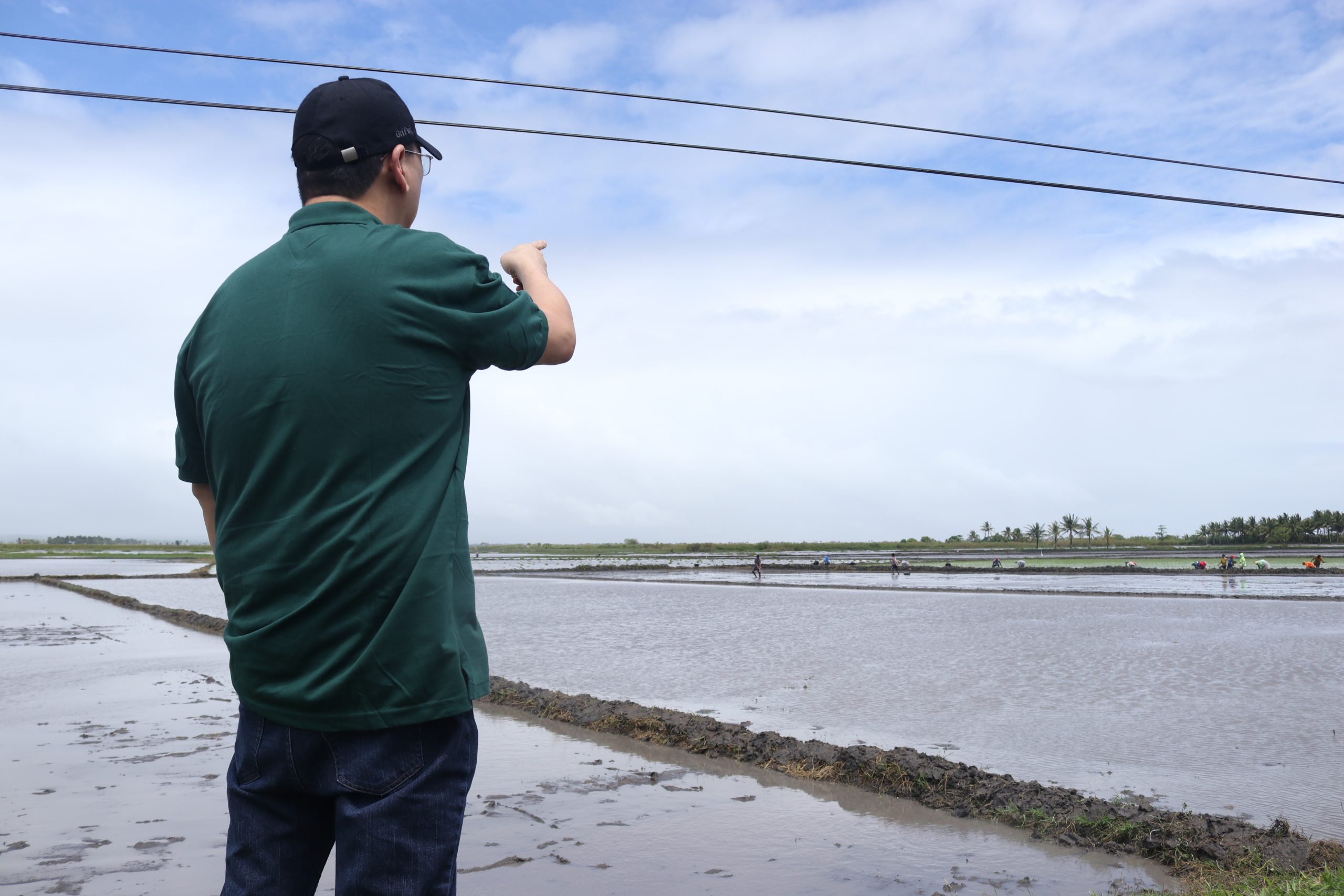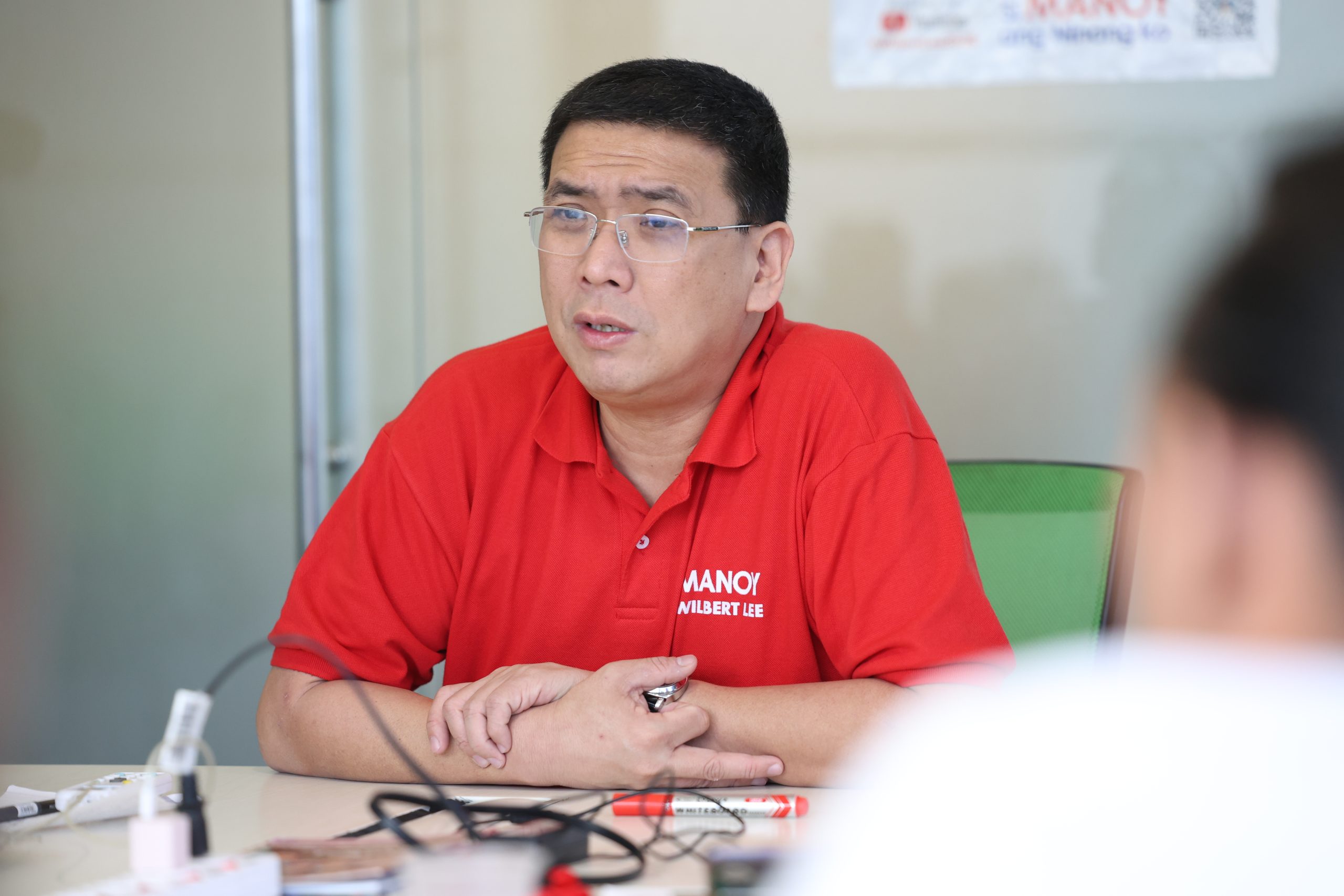LEE’S SALT INDUSTRY DEV’T ACT TO BOOST LOCAL PRODUCTION, JOB CREATION SIGNED INTO LAW
AGRI Party-list Rep. Wilbert T. Lee hailed the enactment of the Philippine Salt Industry Development Act that he principally authored, which aims to revitalize the salt industry and address the need for employment in rural areas.
According to Lee, the revival of the salt industry will generate thousands of new jobs, particularly in the countryside and coastal communities.
“Bukod sa libo-libong trabaho na bagong malilikha ng batas na ito, madadagdagan din ang kita ng ating mga salt farmers. Our work does not end with the signing of this measure into law. We need to ensure its proper and effective implementation,” the solon said.
“Through this landmark legislation, aside from encouraging investments and increasing local salt production through the expansion of existing and idle salt farms, we will also boost capacity building for salt farmers and strengthen market linkages,” he added.
Under Republic Act No. 11985 which was signed into law on March 11, 2024, a comprehensive Salt Roadmap shall be established to implement programs, projects and interventions for the development and management, research, processing, utilization, business modernization and commercialization of the Philippine salt.
The Department of Agriculture (DA) shall also ensure that salt is a priority commodity to be produced locally in various areas and regions across the country. Through this measure, salt is classified as an aquatic resource product and shall be exempt from all taxes.
“Nagpapasalamat tayo kay President Bongbong Marcos, sa ating mga kasamahan sa Kongreso sa pangunguna ni House Speaker Martin Romualdez, Committee Chair Cong. Mark Enverga, at Cong. Ron Salo, pati na rin sa mga katuwang natin sa Senado, na kasama nating nagsulong para maisabatas ito,” Lee said.
“With proper monitoring and implementation, we can achieve our ultimate goal to be salt self-sufficient and become a net exporter of salt. We can now avoid having to import 500,000 metric tons of salt every year, or more than 90 percent of the country’s salt requirement,” he added.
Under this measure, the DA-National Fisheries Research and Development Institute (NFRDI), in close coordination with the Philippine Center for Postharvest Development and Mechanization (PhilMech), shall spearhead the development of the latest technology in salt production particularly technology that allows year-round production of salt even under erratic weather patterns. It shall also encourage the mechanization of salt production and develop technologies that promote alternative methods and cost-effective techniques in salt production.
“Winner Tayo Lahat sa batas na ito na poprotekta sa kabuhayan ng marami nating kababayan, magpapagaan sa pasanin ng local salt producers at consumers, at makakabawas sa pangamba nila na wala silang pantustos sa ibang pangangailangan, tulad ng pagpapagamot kapag nagkasakit,” he added.




